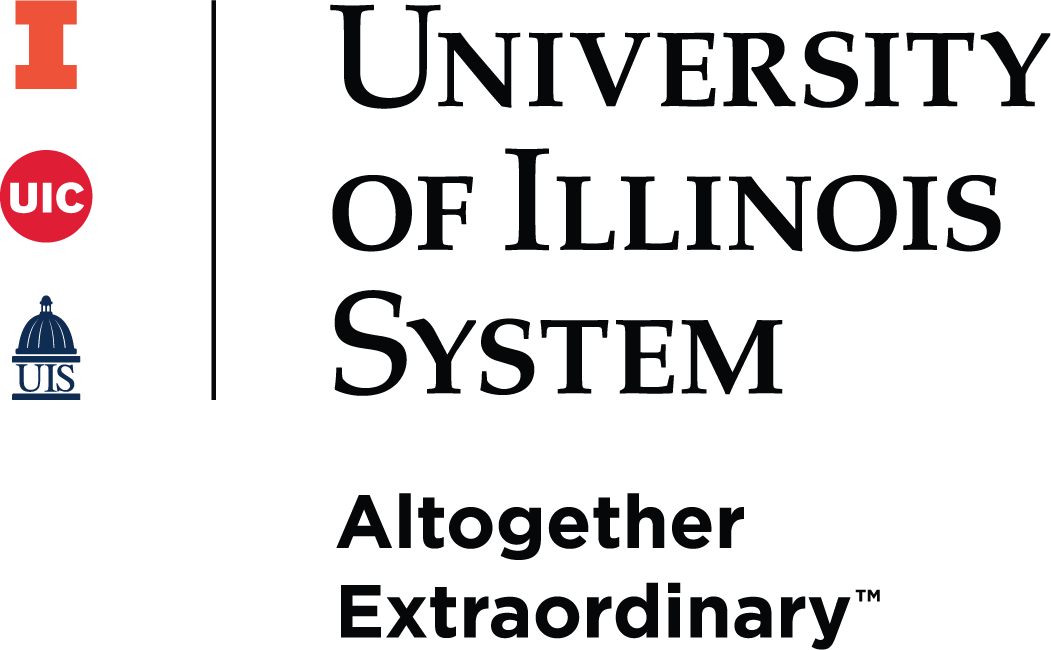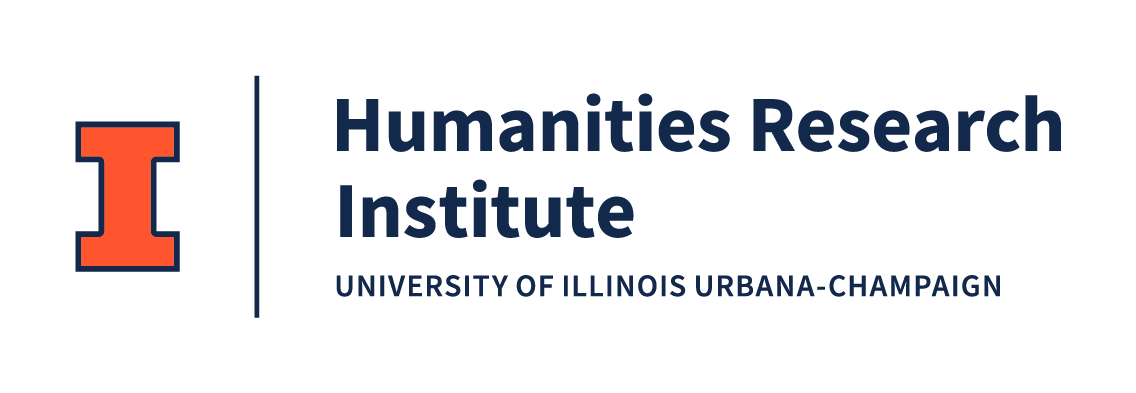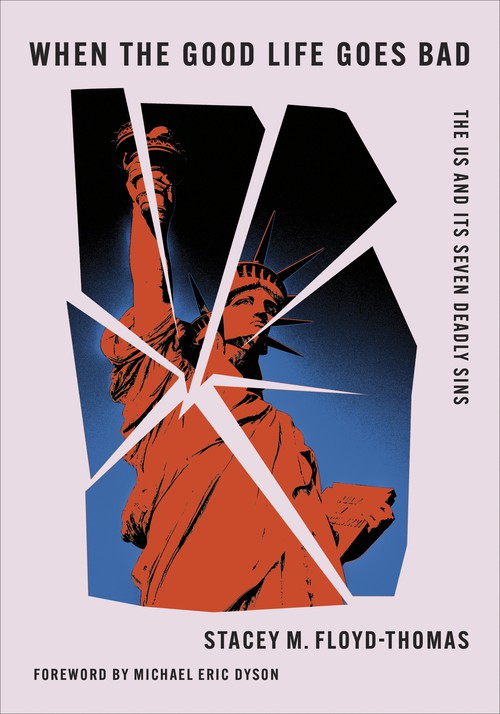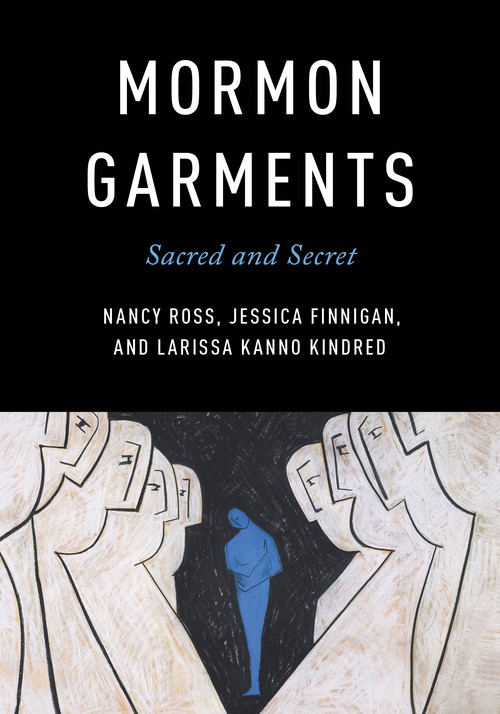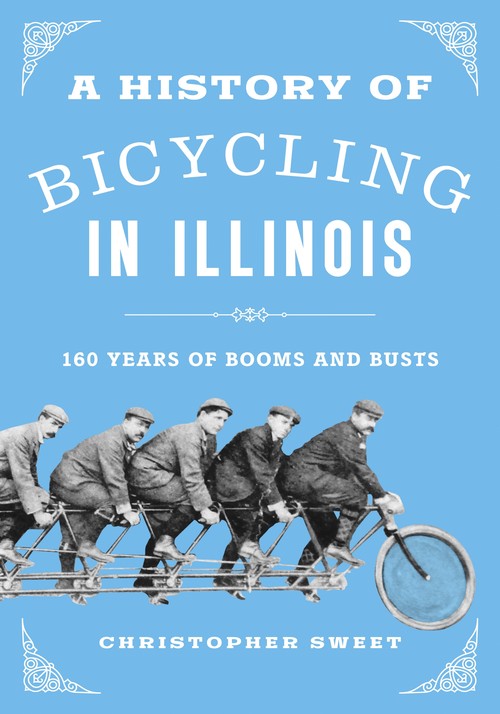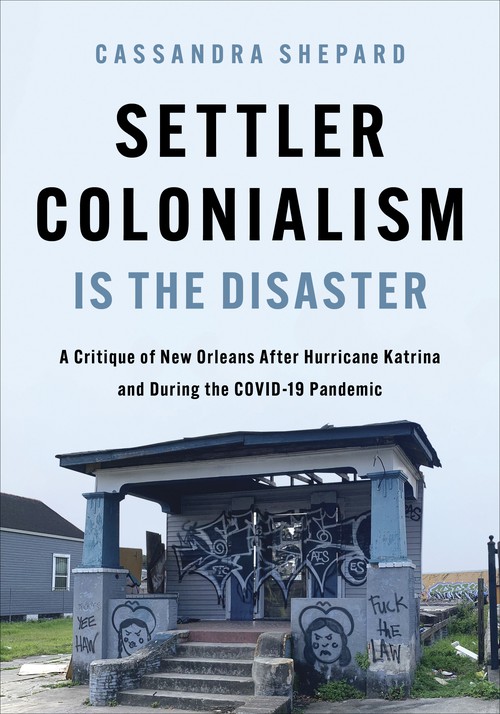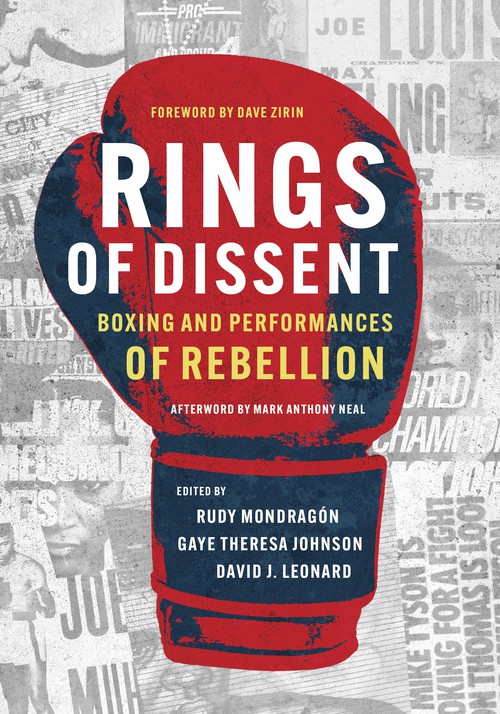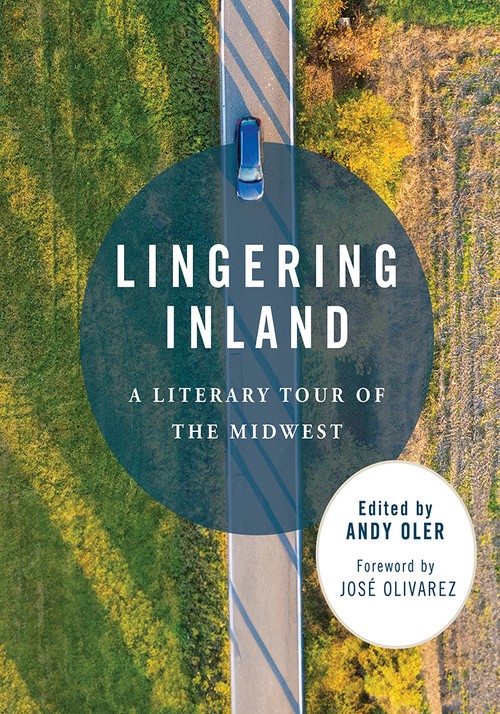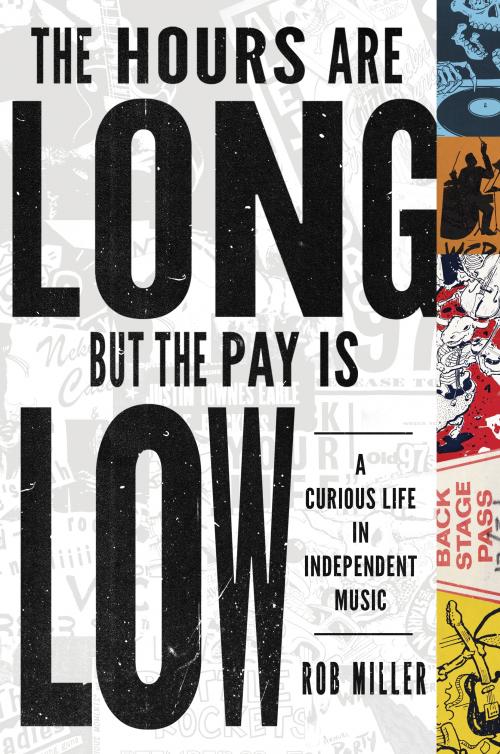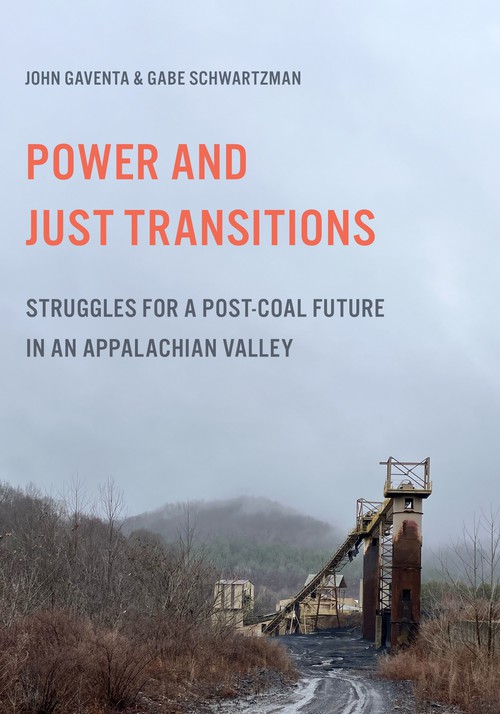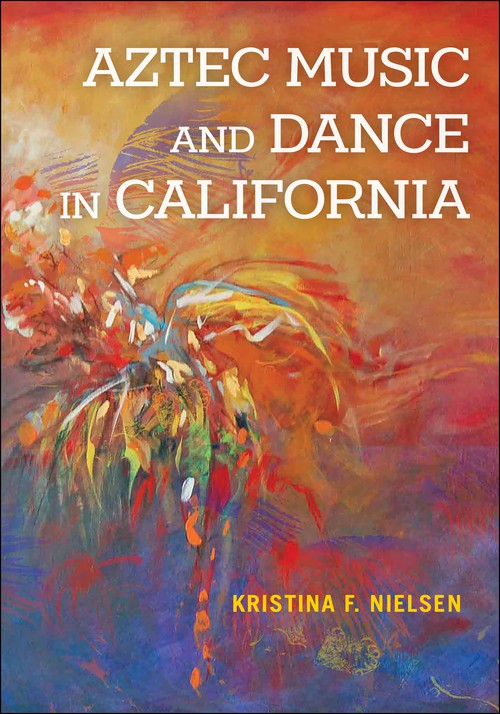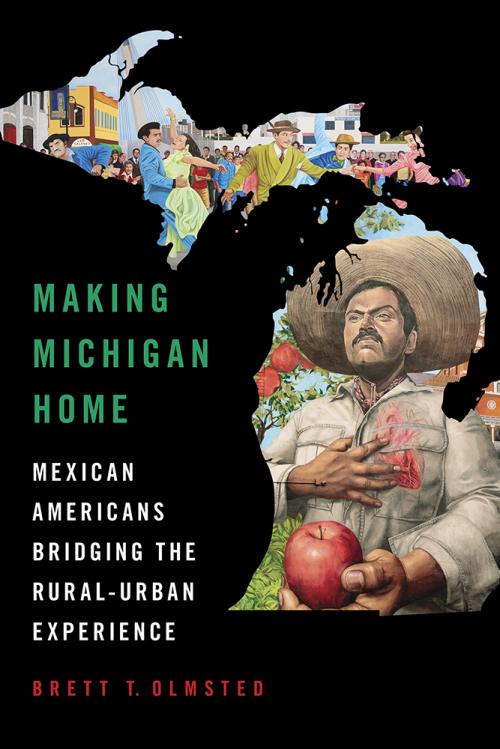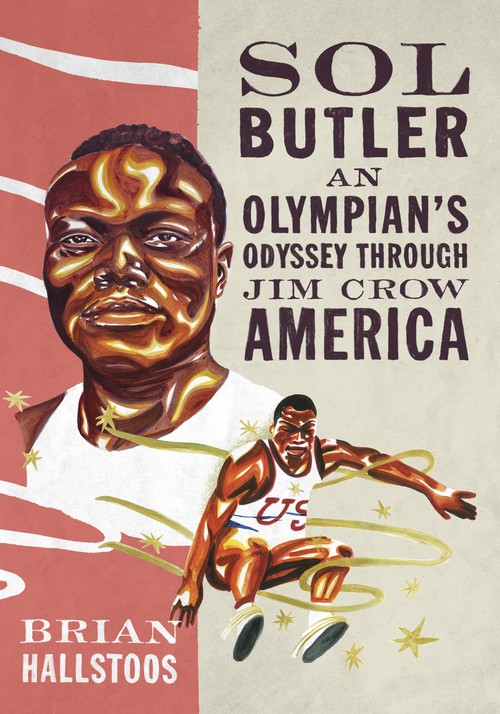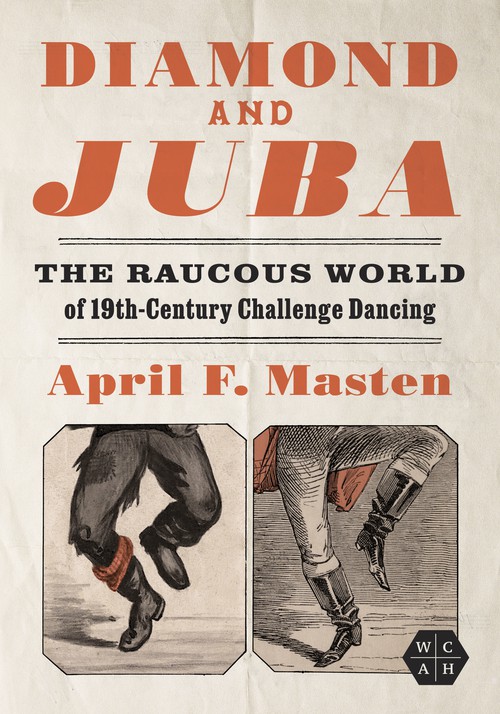Dr. Nicholas P. Jones, Executive Vice President and Vice President for Academic Affairs
What goes into transforming a successful dissertation into a successful book? In this panel, three authors share their stories and their strategies for building on the dissertation toward book publication. Panelists will describe how they reconceptualized and repurposed the dissertation, often through new research, an expanded scope, new governing arguments, and/or significant restructuring. They will share how they navigated the peer review and revision process, and how the project evolved in the course of that process. They will also share tips, advice, and lessons learned.
Chair: Laurie Matheson director, University of Illinois Press
Panelists:
Thomas A. Castillo is an Associate Professor in History at Coastal Carolina University. He is the author of Working in the Magic City: Moral Economy in Early Twentieth Century Miami (University of Illinois Press, June 2022). He is also currently working on a history of the right to work. He has published in several journals and venues, including Counterpunch, Metropole, Labor History, Labor: Working Class History of the Americas, Journal of American History, and the Florida Historical Quarterly.
Erin L. Durban is an assistant professor of anthropology at the University of Minnesota—Twin Cities, affiliated with American Studies and Gender, Women & Sexuality Studies. Durban is the author of The Sexual Politics of Empire: Postcolonial Homophobia in Haiti (University of Illinois Press, 2022), which won the National Women’s Studies Association–UIP First Book Prize.
Mirelsie Velázquez PhD, is an associate professor of Latina/o Studies at the University of Illinois at Urbana-Champaign. As an interdisciplinary scholar, her work centers on the history of education, women's history, Puerto Rican studies, gender and sexuality, and teacher education. Her book, Puerto Rican Chicago: Schooling the City, 1940-1977 (University of Illinois Press, 2022), chronicles the Puerto Rican community’s response to the urban decay in which they were forced to live, work, and especially learn.
Book series come in all shapes and sizes. Some are short term, bounded series; others continue for decades. What is the purpose and function of a book series? How and why do series get started? How do they change over time? What is the role of the series editor and how does that role vary across series? What books get published in series, and how? What are the benefits of publishing one’s book in a series? This panel brings together editors of several diverse series for a deep dive into this important aspect of academic publishing.
Chair: Daniel Nasset, editor-in-chief, University of Illinois Press
Panelists:
Dan Schiller is Professor Emeritus of Information Science and Communication at the University of Illinois Urbana-Champaign. A co-editor of the Geopolitics of Information Series for the University of Illinois Press, he is the author of numerous books, including the just-published Crossed Wires: The Conflicted History of US Telecommunications, From the Post Office to the Internet.(Oxford University Press, 2023)
Jaime Schultz is a Professor of Kinesiology, with an affiliate faculty appointment in Women’s, Gender, and Sexuality Studies, at Pennsylvania State University. An award-winning teacher and scholar, she studies issues of sex, gender, sexuality, “race,” and sport. Schultz currently serves as co-editor of the “Sport and Society” series at the University of Illinois Press.
Justus Nieland is Professor and Chairperson of the Department of English at Michigan State University, and he teaches in the Film Studies Program. He specializes in modernism and film history, and his research interests include affect theory; media theory; industrial, avant-garde, and experimental film; the film noir; global modernist cinemas; modern and contemporary literature; and modern design and architectural history. He is a series editor of the “Contemporary Film Directors Series” at the University of Illinois Press.
Dissertation to book: Success stories and strategies from the field
Resources:
- Ideas on Fire: Turning Your Dissertation into a Book
- University of Washington Graduate School: Turning Your Dissertation into a Book
- From Dissertation to Book, Second Edition, by William Germano
- Inside Higher Ed: Give It a Rest: Finished your dissertation and ready to write your book? Not so fast
Book series: Their rhyme and reason
Resources:
- Katelyn Knox: Academic Book Series: All Your Questions, Answered
- Anthropology News: Press Editor or Series Editor?
Watch recordings of previous University of Illinois Press Publishing Symposium sessions:
Questions? Contact Laurie Matheson, University of Illinois Press, lmatheso@illinois.edu

